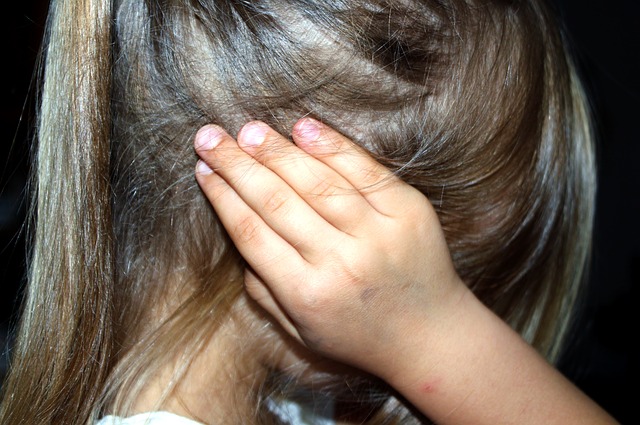Divorce is one of the most tragic events that can happen to any family. It’s not only a difficult time for spouses but for any children they might have together.
Revealing plans for a divorce to children is always a difficult prospect for parents and there is no way to break the news in a way they will easily accept. While it will always be a difficult process there are some general rules parents should follow in order not to cause children any added grief as they deal with the news.
Let’s take a look at the best ways that children should be approached about divorce.
Tell all children at once and not individually
While the children don’t need to all be in the same room, it’s important to make sure they all hear the news around the same time. This is important in helping them to depend on one another to get through the process.
If you have a range of different aged children, you might think it smarter to reveal the news to the eldest first. While they may take the news better than their younger siblings, telling only them will put a great deal of pressure on them to keep a secret.

Clearly explain the reasoning
While you don’t need to reveal every detail of the reasons for separation, it’s important to be honest with children. Explain the divorce as a solution to problems the children may have witnessed such as arguments between parents.
Children are quite perceptive and will recognise issues between parents even if they are too young to articulate what they are. Don’t try to hide anything from the children and make sure they understand that this decision is for the best.
Don’t try to influence their perceptions
Many parents fear losing custody of their children in litigious court matters during a separation. This causes them to attempt to influence children to take their side so that the court grants them custody.
This tactic is both unethical and ineffective. Judges in family courts are very good at identifying when a child has been trained or manipulated into turning against one of their parents and will be less likely to grant custody to parents who engage in this behaviour.
Make sure they understand it is not their fault
Many children, even without evidence, will begin to ponder if their parent’s divorce has been caused or influenced by them. The younger the child is, the less they will understand the reasons for divorce and they will be more likely to blame themselves.
It’s crucial to make sure that children understand the divorce has nothing to do with them. It’s also important to tell them that it is not their responsibility to repair the relationship and get their parents back together.






